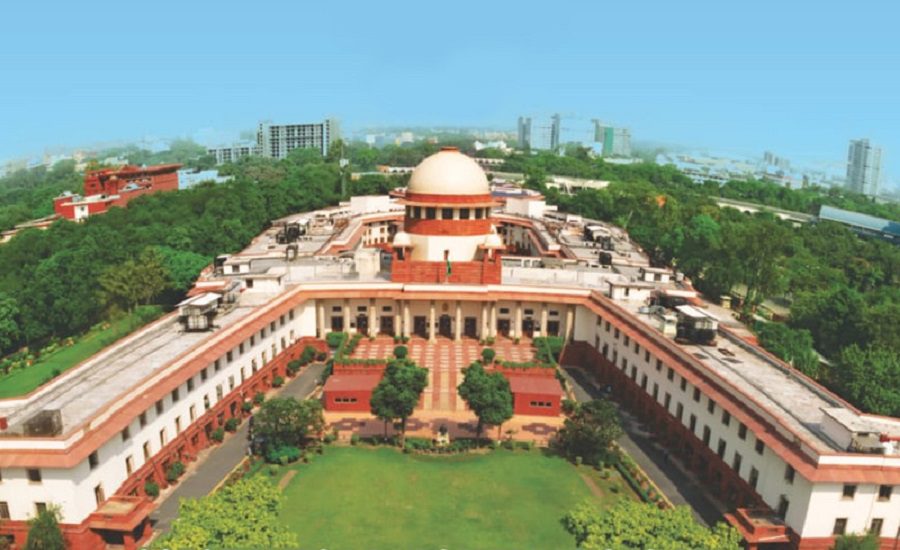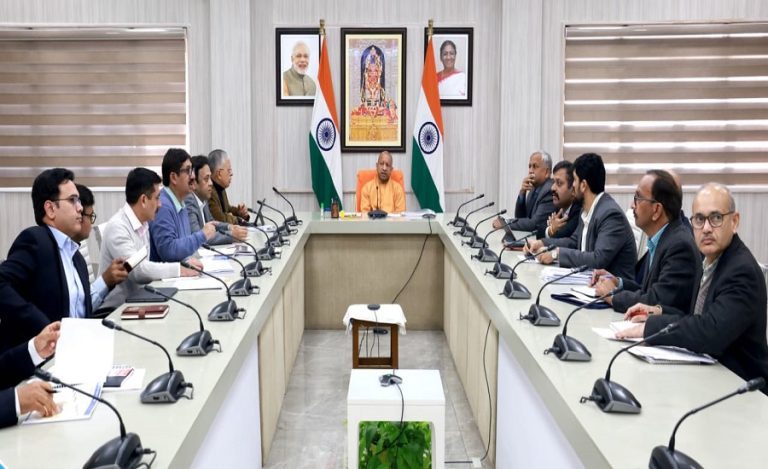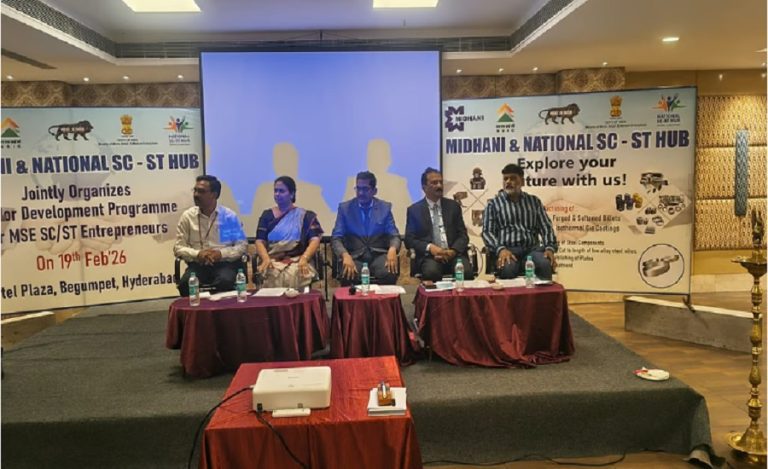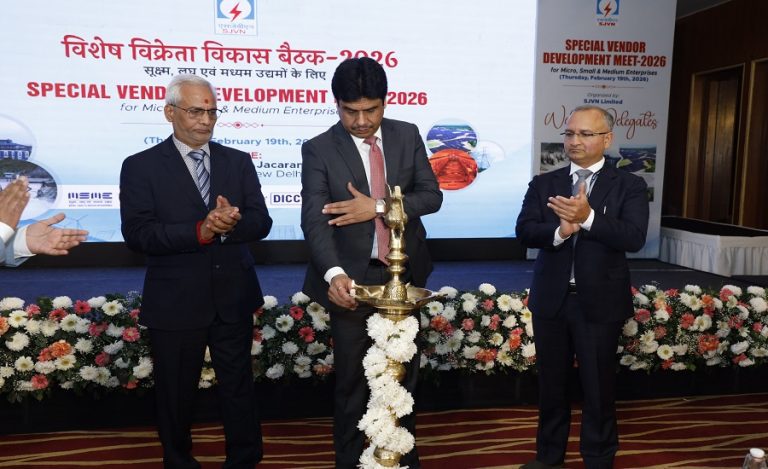New Delhi: On August 19, the Supreme Court issued a sharp reprimand to Bihar IPS officer Ashok Mishra (2016 batch) for filing what it called a “shockingly irresponsible” affidavit in a sensitive murder case. The affidavit, instead of backing the prosecution, appeared to aid the accused, prompting the Court to question the officer’s integrity.
A division bench of Justices Ahsanuddin Amanullah and S.V.N. Bhatti noted that the document “virtually worked like a clean chit” to convicts who had already been found guilty during trial. The judges pointed out that the affidavit contradicted both the chargesheet and the trial court’s findings, raising doubts about whether it was the result of gross negligence or deliberate action.
Bench Expresses Disappointment
Ashok Mishra, currently posted as Superintendent of Police (Special Branch), Patna, was summoned to appear personally. During the hearing, he admitted his mistake, offered an unconditional apology, and called the incident a “big learning experience.”
The Court, however, did not hide its concern over the casual manner in which affidavits were being prepared by senior officers. “We are more pained about the manner in which you discharge your duties… If this is the level of seriousness shown, you don’t read each and every paragraph of your affidavit,” the bench remarked.
Also Read: Supreme Court Rules Minor Non-Disclosures Not Grounds to Cancel Polls, Upholds Kova Laxmi’s Election
Reminder on Constitutional Duty
The judges also advised Mishra to uphold professional independence. They reminded him that his primary duty must remain with the Constitution, even if it invites administrative difficulties.
“An officer should uphold loyalty to the Constitution over subservience to superiors,” the bench stressed, adding that every officer must apply their own mind instead of blindly following directions.
While accepting Mishra’s apology, the Court issued a stern warning for the future, making it clear that such lapses would not be tolerated again.
Case Background
The matter originated from a petition filed by the victim’s wife, challenging the Patna High Court’s decision to suspend the sentence of the murder convicts.
At the time of the affidavit, Mishra was serving as Superintendent of Police in Samastipur. His filing contradicted the prosecution’s case, alarming both the victim’s family and the Court. The murder case involved charges under Sections 302/34 (murder with common intention), Section 120B (criminal conspiracy) of the Indian Penal Code, and Section 27(3) of the Arms Act, 1959.
Mishra later explained that the contradictory statements in his affidavit were a result of human error and sought unconditional forgiveness. The Court, while accepting his explanation, left him with a pointed caution on accountability and integrity.
Also Read: DGP Tenure Dispute: SC to Examine Jharkhand Govt’s Stand on Anurag Gupta’s Appointment




























